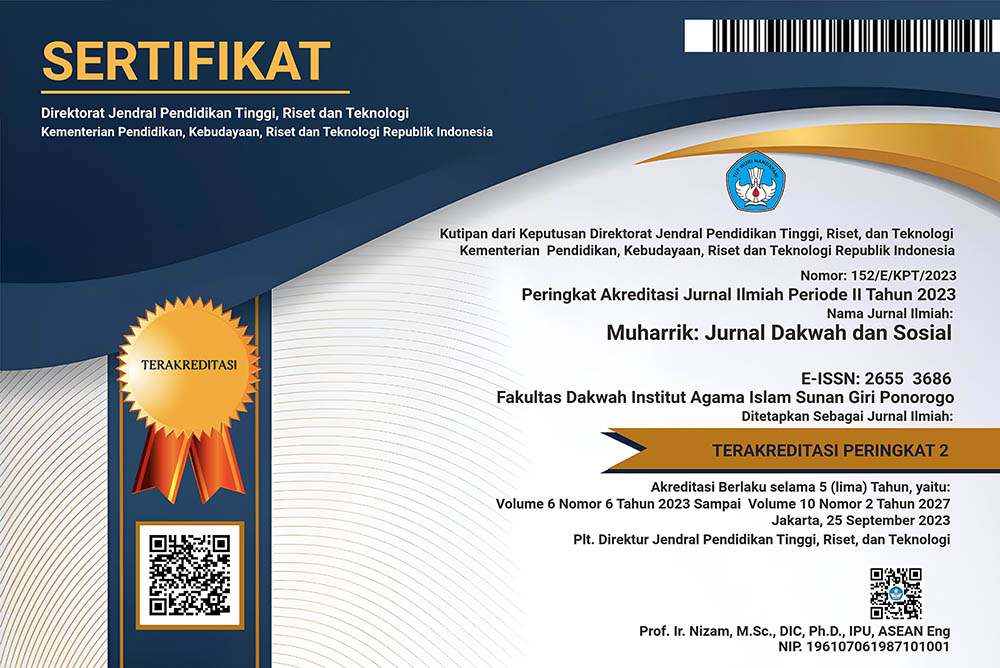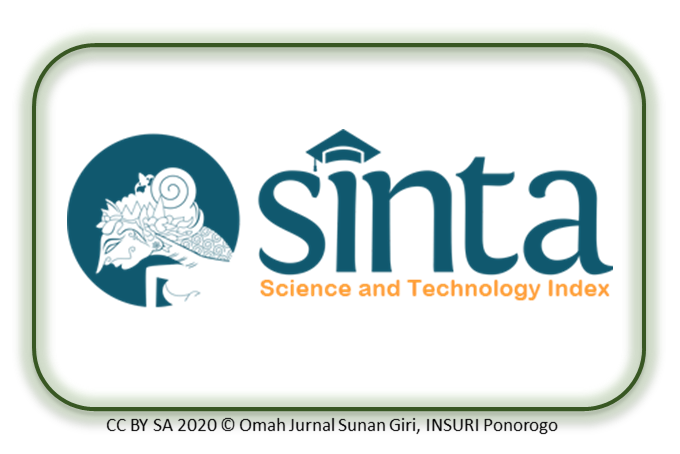Nasakom and Bhinneka Tunggal Ika: a New Reading of Sukarno’s Politics from Philosophical Perspectives
Keywords:
Communism, Cosmology, Nationalism, Religion, Unity., Communism, Cosmology, Nationalism, Religion, UnityAbstract
Nasakom and Bhinneka Tunggal Ika are Indonesian political terms that Indonesians and foreign researchers and observers know but still contain a lot of unclear understanding. This study wants to answer this ambiguity, by exploring the existence and essence of Nasakom and then linking it to Bhinneka Tunggal Ika, using philosophical methods. The aim is to find a "new reading" about Nasakom. This research found that Nasakom can only be understood properly through a complete reading, which involves three perspectives at once: from the perspective of Javanese cosmology, because Sukarno was Javanese; from the standpoint of Islamic cosmology, because Sukarno was a Muslim; and from a Western cosmological perspective, because Sukarno was also a modernist who adhered to rationalism. Finally, it was found that the essence of Nasakom embodies the spirit of Bhinneka Tunggal Ika and the principle of unity in diversity. Nasakom became politically bad, because one of its elements, the PKI, used the Nasakom stage to prepare the 30 September 1965 Movement. Still, Nasakom, from the purpose of its formation, was an ethical politics that embraced opposing parties.
Downloads
Published
Issue
Section
License
The author(s) retain/s the copyright and grant/s Muharrik: Jurnal Dakwah dan Sosial the first publication rights licensed under the Creative Commons Attribution-NonCommercial 4.0 International (CC BY-NC 4.0) , which allows others to access (search, read, download and quote), share (copy and redistribute the material in any media or format) and adapt (mix, modify and develop) works for legitimate non-commercial purposes, with recognition of the authorship of the work and its initial publication in this journal.












